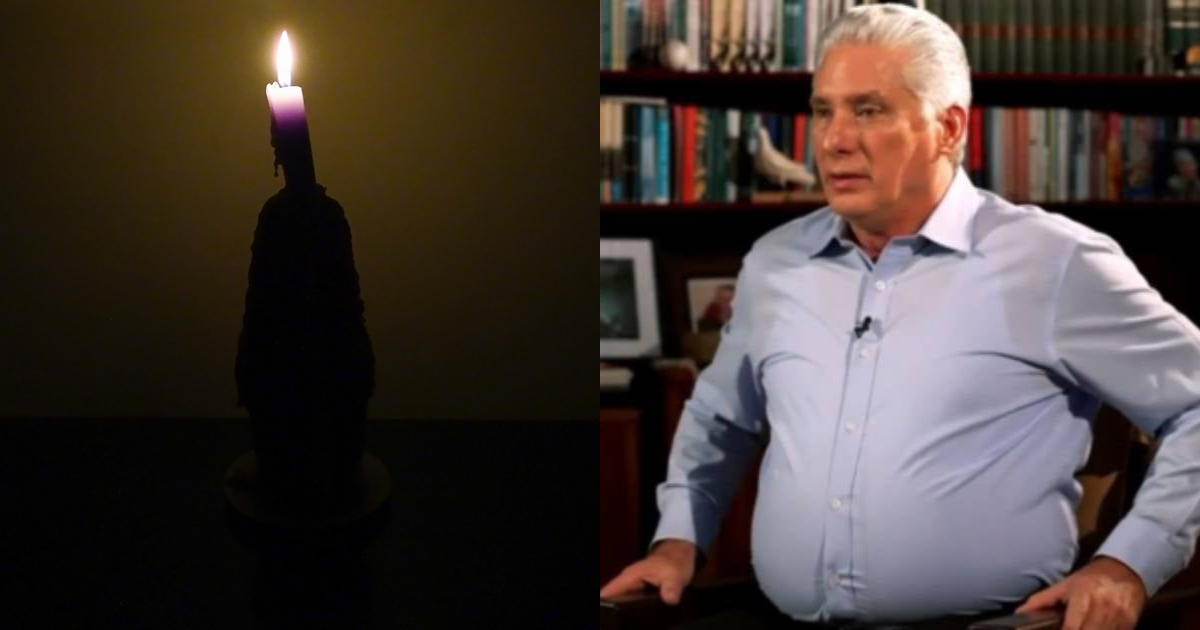Jorge Piñón, a Cuban analyst from the University of Texas at Austin's Energy Institute, has issued a stark warning regarding Cuba's energy crisis. According to Piñón, the nation is running out of both time and money to resolve its deepening energy issues. In an interview with EFE, he predicted that 2025 will present more significant challenges for Cubans, especially after experiencing three major blackouts towards the end of 2024.
The frequent power outages can be attributed to a daily shortfall of 80,000 barrels of fuel, based on 2022 data. In 2024, the Cuban government reduced this amount by 20,000 barrels per day. Venezuela, once a key provider, now supplies only 23,000 barrels each day, a significant drop from the 55,000 barrels it previously exported, as President Maduro prioritizes agreements with Chevron and Repsol over Cuba.
In 2023, the Mexican state-owned company Pemex became Cuba's primary fuel supplier, exporting $500 million worth of oil and derivatives from January to September, surpassing Venezuela. However, Piñón cautions that this could change when Donald Trump assumes the U.S. presidency on January 20.
The Impact of a Potential Trump Presidency
Trump might pressure Mexico's President, Claudia Sheinbaum, to reduce or halt fuel supplies to Cuba, knowing that 65% of Mexico's natural gas is imported from the United States, which accounts for 90% of total U.S. gas exports. Alternatively, Trump could reinstate sanctions on Venezuela, previously lifted by Biden, forcing Maduro to redirect oil exports to Havana, and relieving Sheinbaum from the obligation to cut oil shipments to the island.
Long-Term Energy Solutions in Cuba
The Cuban government under Díaz-Canel is looking at long-term solutions, such as constructing 100 solar parks nationwide that are projected to generate 2,000 megawatts. However, the country currently meets only 9% of its demand with solar energy and aims to increase this to 37% by 2031. Piñón emphasizes that installing solar panels is insufficient; significant investments are needed for batteries and maintenance, which are challenging for a nation living day-to-day.
A year ago, Piñón criticized the Cuban regime's explanations for the fuel crisis, dismissing claims that it was due to supply issues, refinery inefficiencies, or inadequate crude storage capacity. He suggested that the government might have sold more gasoline internationally at the expense of domestic consumption, leading to the current energy crisis.
Predicting the Collapse of Cuba's Power System
In July, Jorge Piñón predicted the total collapse of Cuba's electrical system due to government mismanagement, a prediction that came true with a massive three-day blackout on October 18, 2024, followed by two additional outages. He has consistently argued in media interviews that Cuban authorities are not implementing the necessary measures to overcome the ongoing energy crisis. "They can't continue with these stopgap solutions, like the thermoelectric plants rented from Turkey. A structural recapitalization is urgently needed," he stressed.
He also recalled that in 2016, Cuba signed a €1.3 billion agreement with Russian energy company Inter-RAO to build four 200-megawatt units—three in East Havana and one in Mariel. The fate of this investment remains unclear. Additionally, the regime announced a $140 million biomass plant project at the Ciro Redondo sugar mill in Ciego de Ávila, funded by Azcuba and a British company. Despite its completion and readiness for operation in December 2021, the plant remained inactive due to a lack of sugarcane, or even marabou, on the island.
Understanding Cuba's Energy Crisis
What are the main causes of Cuba's energy crisis?
Cuba's energy crisis is primarily due to a daily fuel deficit, decreased oil imports from Venezuela, and government mismanagement of resources.
How might U.S. policy changes affect Cuba's energy supply?
Changes in U.S. policy, such as reinstating sanctions on Venezuela, could force Venezuela to send more oil to Cuba, potentially easing the energy crisis.
What long-term solutions is Cuba considering for its energy issues?
Cuba is looking to build 100 solar parks to increase its solar energy capacity to 37% by 2031, although this requires significant investment in infrastructure and maintenance.
